Mt. Bandai (folk song “Aizu Bandaisan”)
Why is Mt. Bandai in Fukushima Prefecture a treasure trove? If you love sleeping in the morning, drinking in the morning, and taking a hot bath in the morning like Shosuke Ohara, is it really no good?
Mt. Bandai (alttude 1816m) is a symbolic mountain in the Aizu region of Fukushima Prefecture. The folk song “Aizu Bandaisan”, which sings Mt. Bandai as “Treasure Mountain”, is a Bon Odori festival dance song that has been sung mainly in Aizuwakamatsu City since the beginning of the Meiji era (1868-). Around the beginning of the Showa era (1934), “Aizu Bandaisan” was released by a record company and became famous nationwide. It is counted as one of Japan’s three major folk songs, along with “Gujo Odori” in Gifu Prefecture and “Awa Odori” in Tokushima Prefecture.
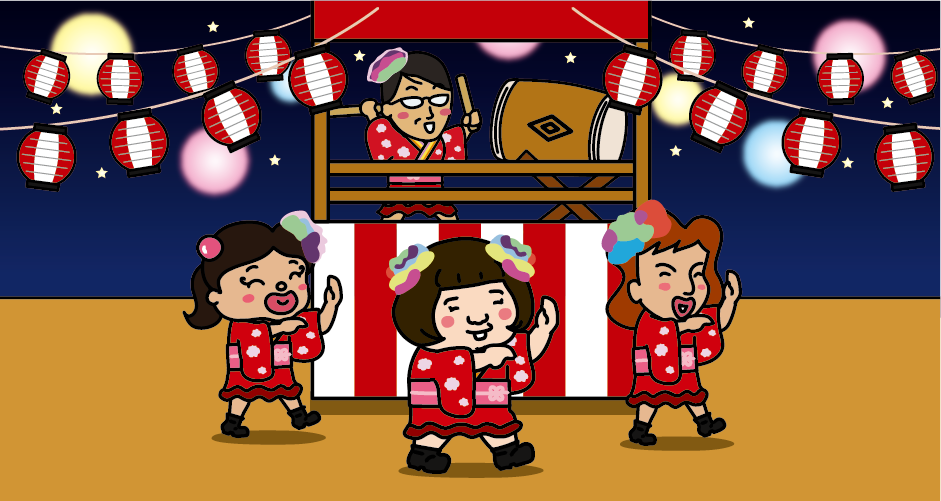
The folk song “Aizu Bandaisan” was originally adapted from the Aizu folk song “Genjo-bushi” as a Bon Odori dance song, and was named “Aizu Bandaisan” from the beginning of the song when it was released on record in 1934. The musical accompaniment of “Ohara Shosuke-san, why did he ruin his life…” was also added at that time. There are 162 lyrics in total, and the famous lyric that begins with “Aizu Bandaisan is a mountain of treasures…♪” is actually the 21st.
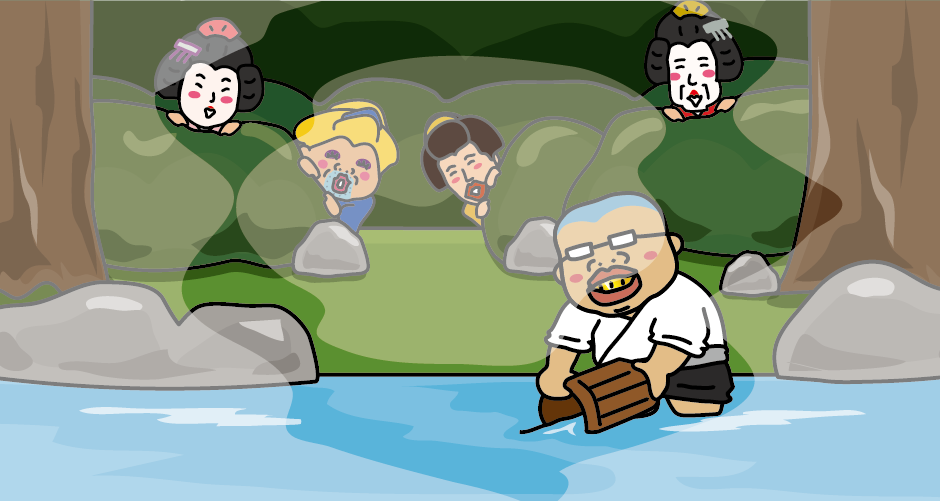
“Genjo-bushi” is a folk song in which master singers gather at festivals and other occasions and compete to create impromptu songs in the form of dialogue. There is a theory that the origin of the name is that the maidens of the village started singing a song to see the face of a beautiful monk named “Genjo” who lived in Tenneiji Temple in Higashiyama, Aizu.
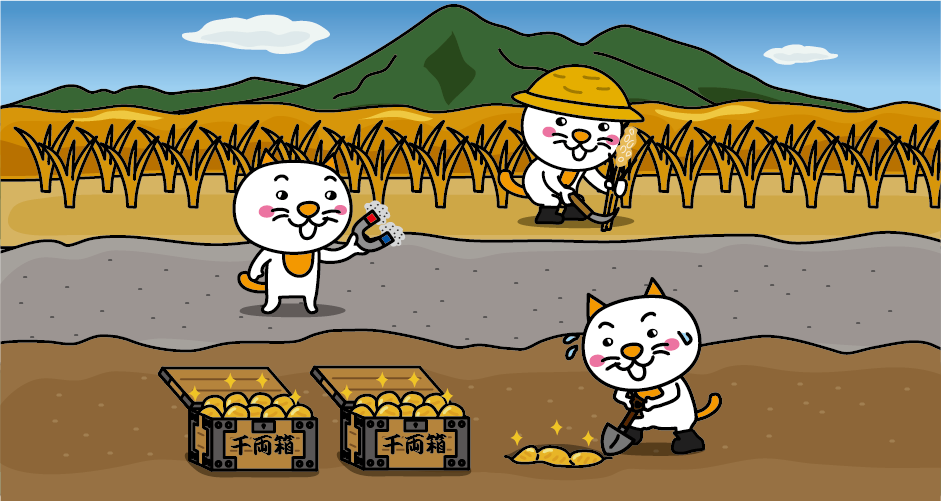
The folk song “Aizu Bandaisan” has a famous lyric, “Aizu Bandaisan is a treasure trove, gold grows and hangs down on bamboo sasa grass.” The meaning of these lyrics has long been debated. There are many theories, such as the theory that golden fruit grew on bamboo sasa grass during a famine, the theory that the area around Mt. Bandai has a good climate, so crops can be harvested abundantly, the theory that the ore, especially iron sand, is produced from Mt. Bandai. There is also a legend of buried gold of the Tokugawa Shogunate.
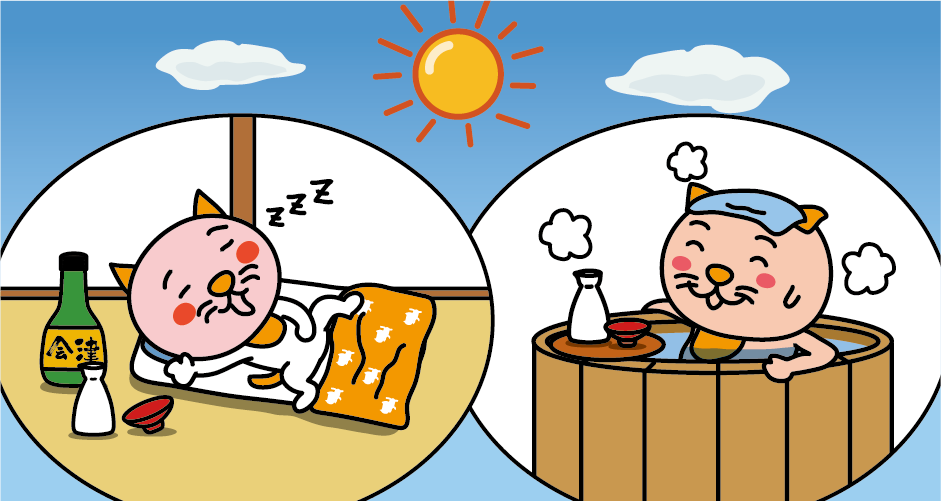
A character named “Obara Shosuke” appears in the musical accompaniment of the folk song “Aizu Bandaisan. There are many theories as to who he was modeled after, but Shosuke Obara loved to sleep in the morning, drink in the morning, and take a bath in the morning, it is said that because of these, he lost his fortune and became penniless. The people of Aizu believe that Shosuke Ohara deserved what happened to him.
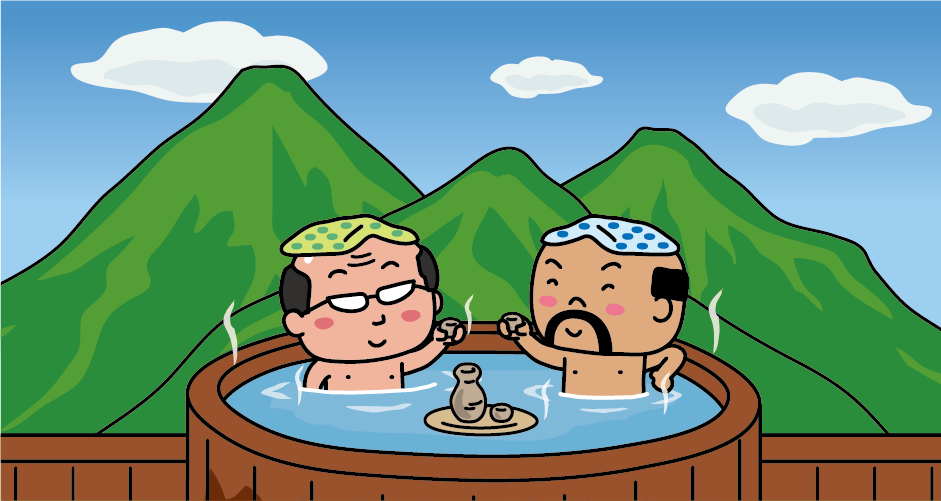
However, it is also true that sleeping, drinking, and bathing in the morning are blissful moments, so the lyrics of the folk song says, “If you want to have a morning bath, morning sake, morning bath, please come to Higashiyama Onsen in Aizu.”
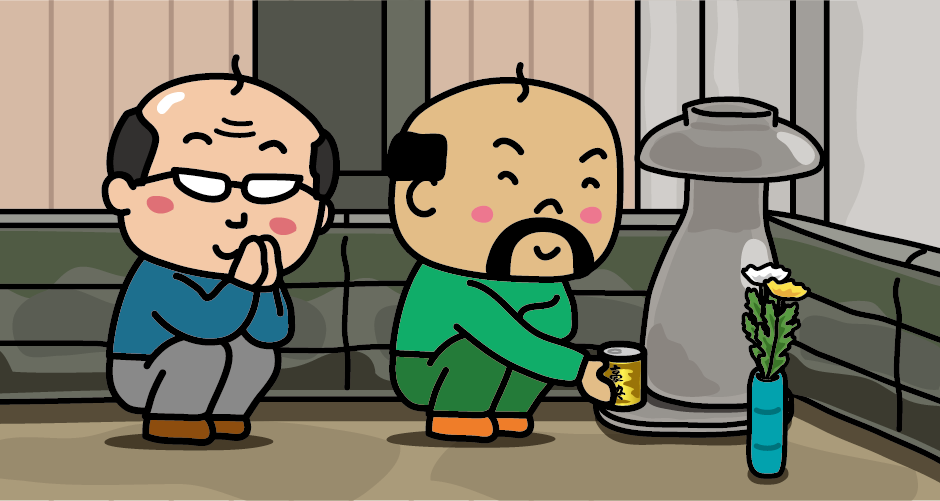
In Shirakawa City, Fukushima Prefecture, the grave of Shosuke Ohara, shaped like a Sake cup and a Sake bottle, still remains.
Access to Mt. Bandai (Higashiyama Onsen)
From Tokyo
It takes about 1 hour and 40 minutes from JR Tokyo Station to JR Koriyama Station by Tohoku Shinkansen. At JR Koriyama Station, transfer to the Banetsu West Line (rapid) to JR Aizu-Wakamatsu Station in about 1 hour. Get off at JR Aizu- Wakamatsu Station and from Wakamatsu Ekimae bus stop to Higashiyama Onsen-eki bus stop, it takes about 15 minutes. Near Higashiyama Onsen-eki bus stop.
From Osaka
It takes about 1 hour from Itami Airport to Fukushima Airport. About 40 minutes from Fukushima Airport bus stop to Koriyama Ekimae bus stop. At JR Koriyama Station, transfer to the Banetsu West Line (rapid) to JR Aizu-Wakamatsu Station (1 hour). Get off at JR Aizu-Wakamatsu Station and from Wakamatsu Ekimae bus stop to Higashiyama Onsen-eki bus stop, it takes about 15 minutes. Near Higashiyama Onsen-eki bus stop.
Access to Kotoku-ji Temple (Tomb of Shosuke Ohara)
From Tokyo
It takes about 1 hour and 30 minutes from JR Tokyo Station to JR Shin-Shirakawa Station by Tohoku Shinkansen. Transfer to JR Tohoku Main Line at JR Shin-Shirakawa Station and get to JR Shirakawa Station in about 5 minutes. Get off at JR Shirakawa Station and walk for 5 minutes. The precincts of Kotoku-ji Temple.
From Osaka
It takes about 1 hour from Itami Airport to Fukushima Airport. About 40 minutes from Fukushima Kuko bus stop to Koriyama Ekimae bus stop. Transfer to JR Tohoku Main Line at JR Koriyama Station and get to JR Shirakawa Station in about 35 minutes. Get off at JR Shirakawa Station and walk for 5 minutes. The precincts of Kotoku-ji Temple.

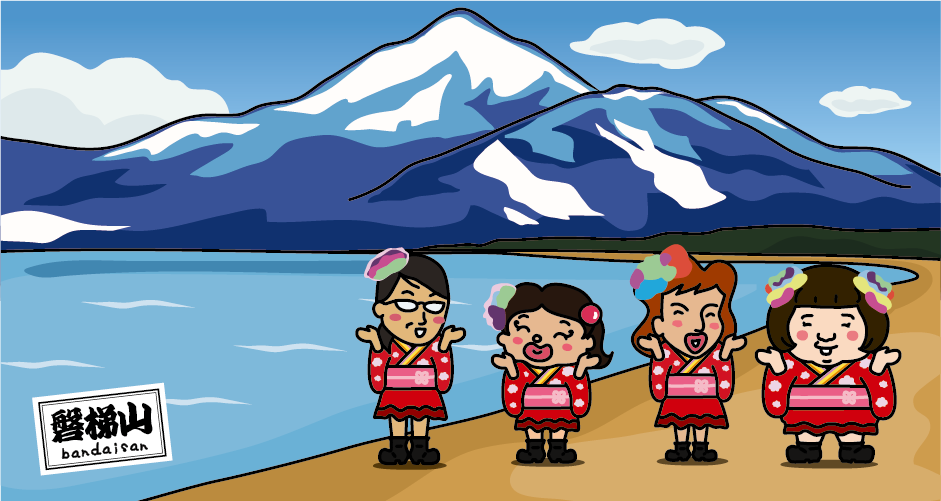


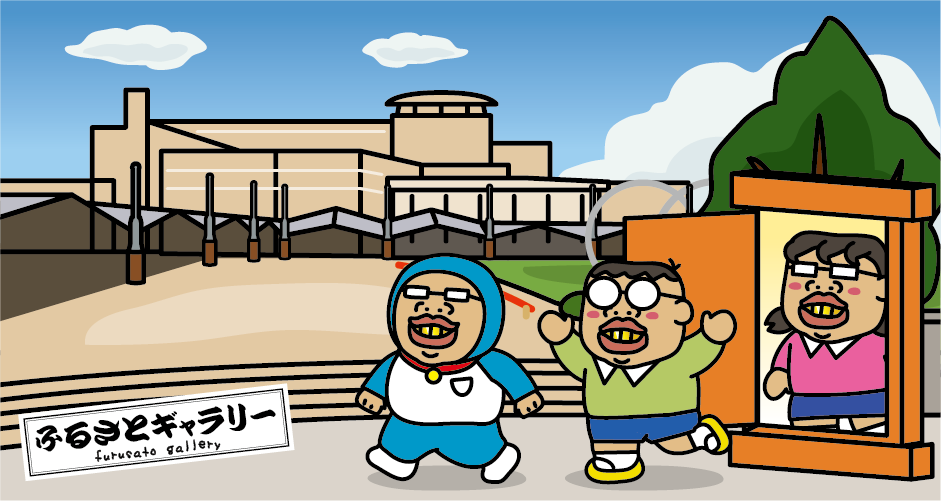
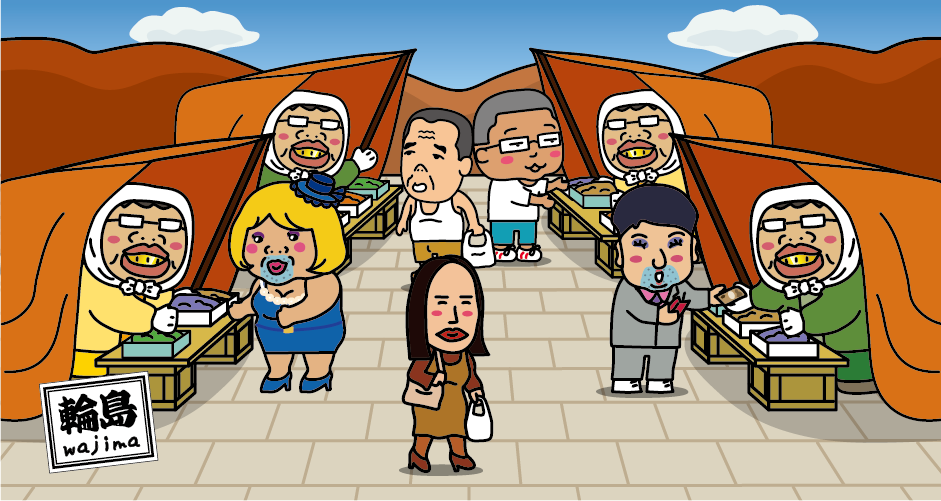
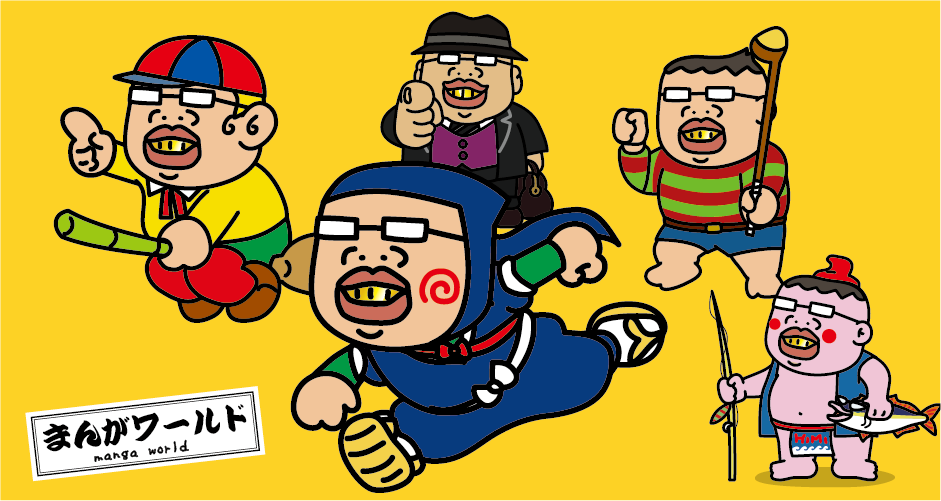
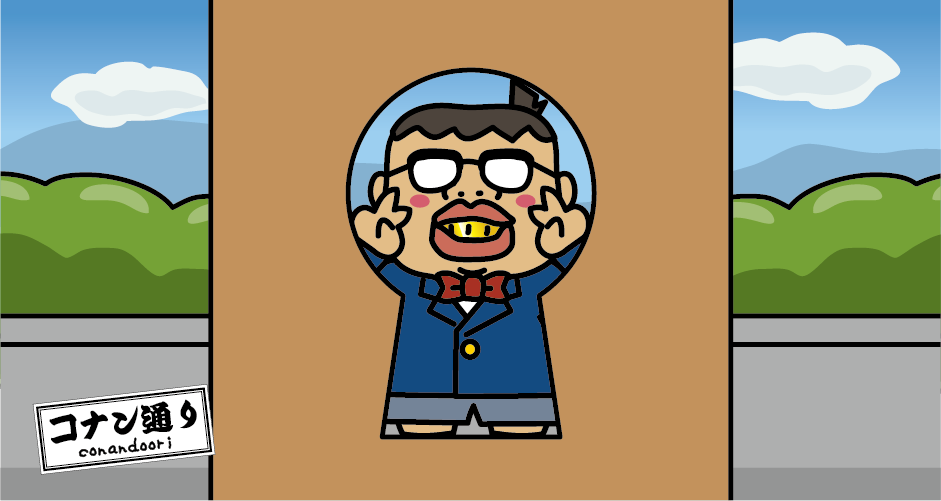
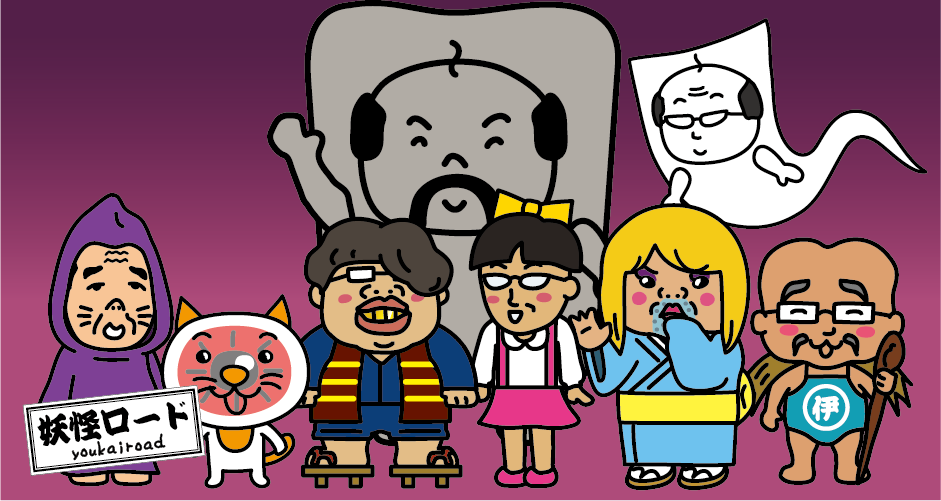

You need to login to comment on an article.